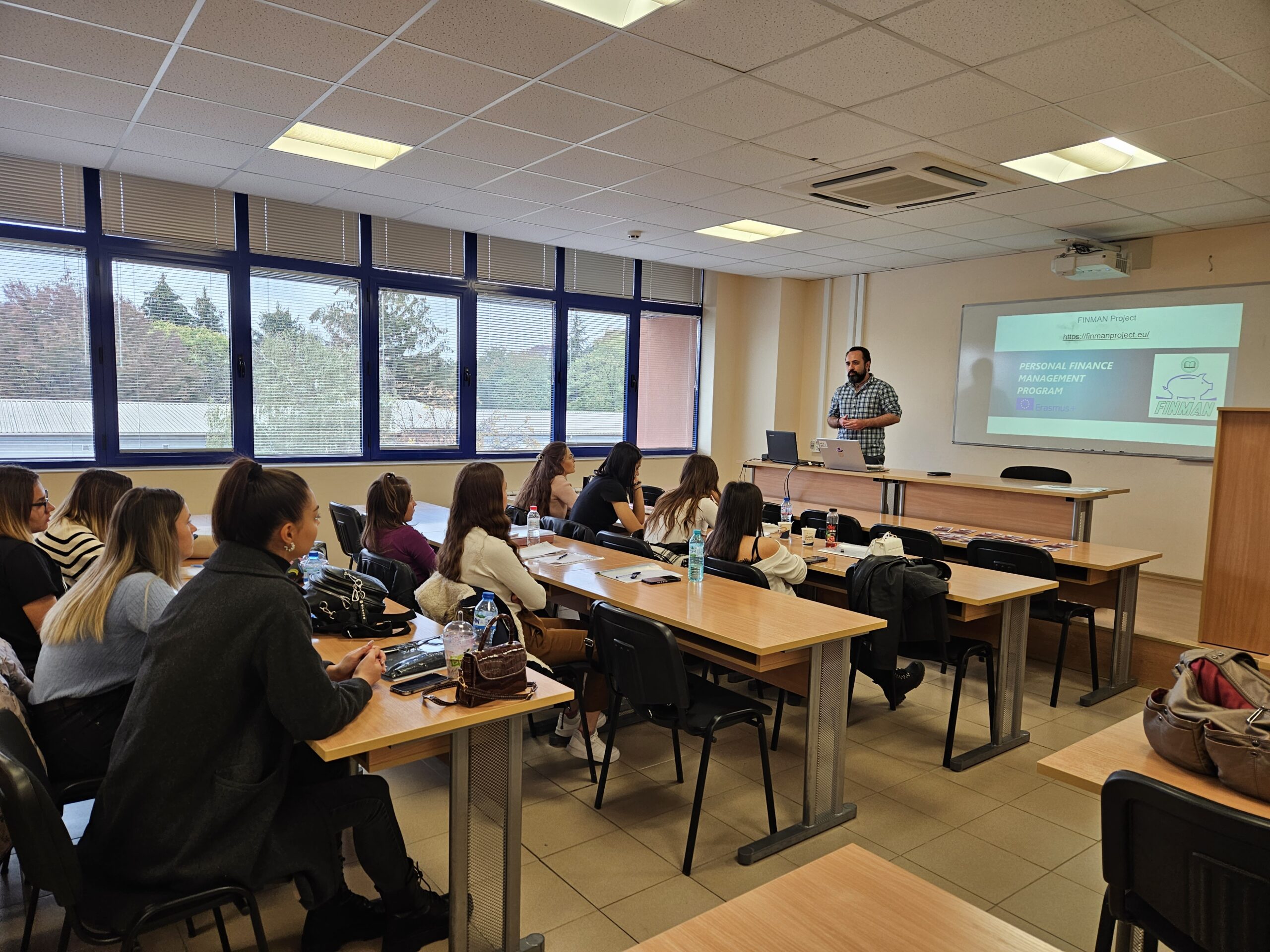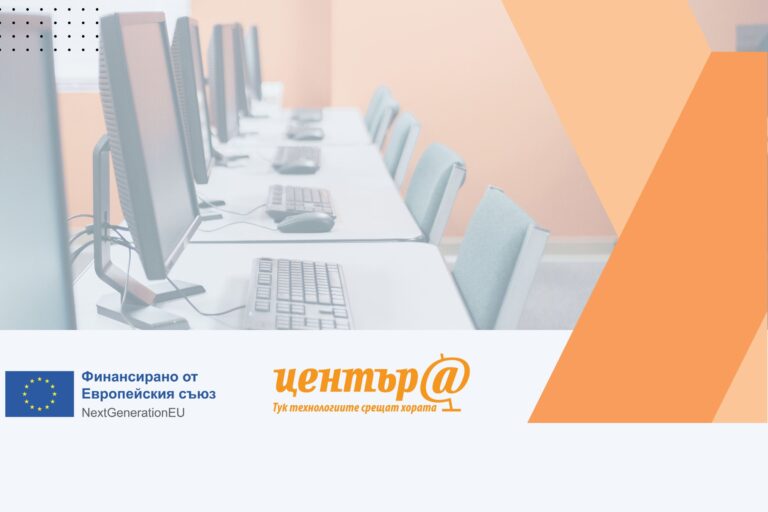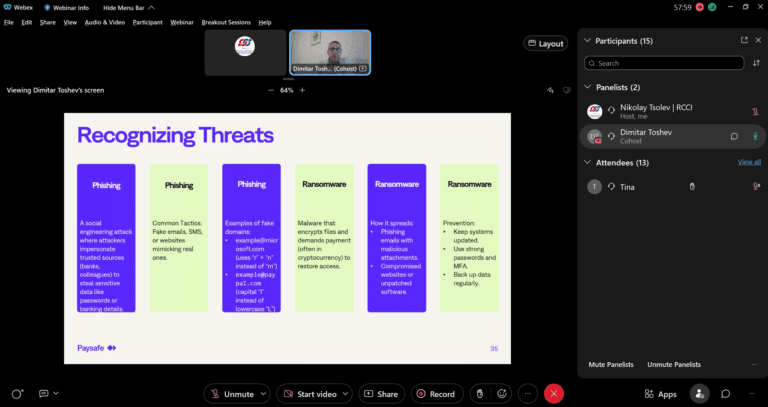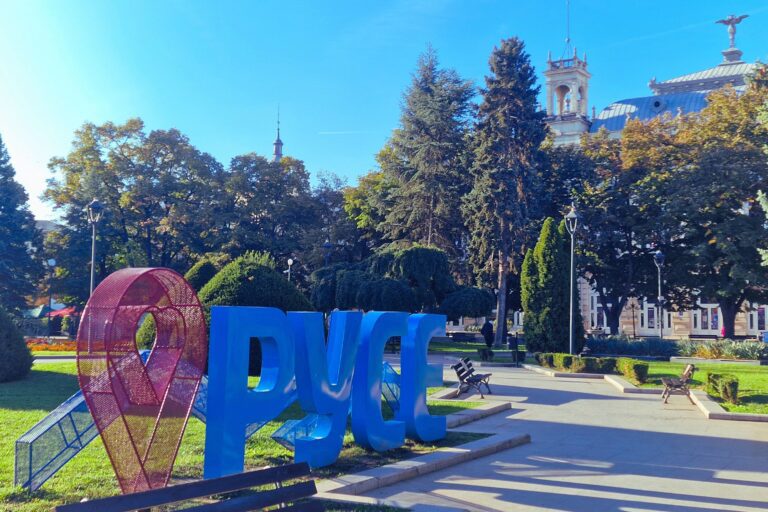Financial literacy - a necessary part of the education of pupils and students
Financial literacy is the ability to understand and manage personal finances. This includes not only skills such as budgeting, saving, investing, borrowing, but also complex topics such as fraud avoidance and cyber security. Financial literacy is essential for young people entering adulthood and facing various financial decisions and challenges. However, many young people lack financial literacy and struggle to manage their own finances.
According to study by the Organization for Economic Co-operation and Development (OECD) only 38% of 15-year-olds in 20 countries and economies achieved the baseline level of financial literacy in 2018. The study found that many young people have low levels of financial inclusion, meaning they do not have access to formal financial products and services. The study also reveals that there are significant gender and socioeconomic differences in financial literacy among young people.
Lack of financial literacy among young people can also have serious consequences for their future. For example, young people who are financially illiterate may have difficulty planning for their education, career and retirement. They can also fall victim to predatory lending, excessive debt or fraud. Furthermore, they may not be able to contribute to the economic growth and social development of their communities and countries.
For these and many other reasons, at the Ruse Chamber of Commerce and Industry we believe that financial literacy training among young people is highly necessary and should be part of the school or at least university curriculum. Such training can help young people develop the knowledge, skills and attitudes that enable them to make sound financial decisions and achieve their financial goals. Financial literacy training can also encourage positive financial behaviors and habits, such as saving, investing and giving. In addition, financial literacy training can promote financial inclusion and empowerment, especially for women and disadvantaged groups.
After successfully completing a project FINMAN, developed under the ERASMUS+ program of the EU, in RTIK we are already working on continuing the idea of developing financial literacy among young people. In a series of meetings with students from the University of Ruse, experts from the Chamber conducted informal conversations with young people to explore their attitudes, knowledge and expectations from such trainings. The conclusions of these meetings will help us to better focus our efforts on the development of appropriate materials and adequate educational methodologies, tailored to the expectations and interests of young people.






